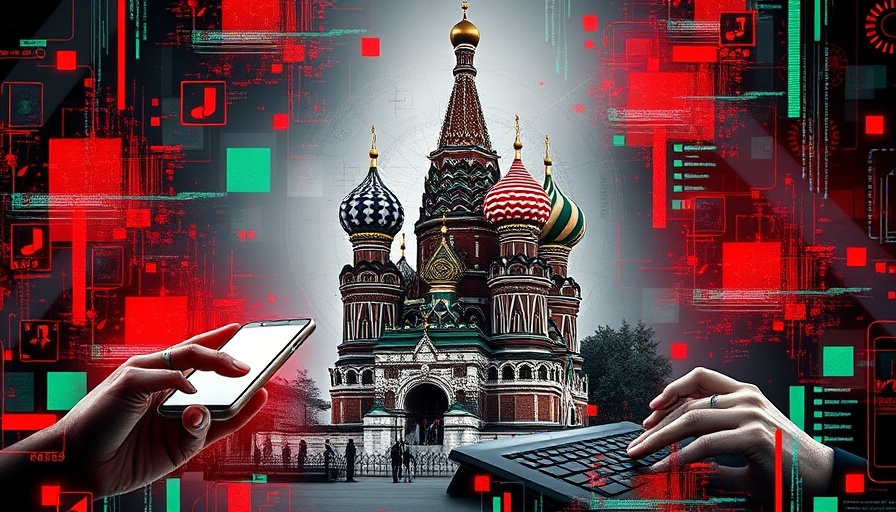
How Turla Exploits the Internet Infrastructure
The cyberespionage group Turla, which has garnered attention for its intricate hacking methods, has taken its operations to a more personal level. By leveraging control over Russian internet service providers (ISPs), Turla has employed a method that intertwines intrusion with passive surveillance. This technique not only exemplifies their cybersecurity capabilities but indicates how state-sponsored actors can manipulate Internet infrastructure for espionage objectives.
A New Technique: Tricking Diplomatic Targets
The latest findings from Microsoft’s security team reveal a complex scheme where Turla allegedly tricks diplomats into installing spyware on their devices. By taking advantage of browser requests that occur when users connect to captive portals, they manipulate web traffic to display false error messages. These messages encourage unsuspecting users to download the malicious software, compromising sensitive communications across foreign embassies in Moscow.
The Implications of Surveillance Blending
This is a significant blurring of lines between aggressive hacking techniques and traditional surveillance measures. According to Sherrod DeGrippo, director of threat intelligence strategy at Microsoft, the technique reveals an alarming trend in how espionage is conducted today. Rather than simply collecting data passively from ISPs, Turla actively uses the infrastructure as a means to directly control the narrative and the data flowing through it.
How Privacy is at Risk in the Digital Age
The vulnerabilities introduced by such spy techniques raise severe privacy concerns. With data transmitted from infected devices being unencrypted, personal and sensitive information becomes readily accessible not only to Turla but potentially to third parties cooperating with FSB. This situation is alarming for not just foreign diplomats but also citizens operating under oppressive regimes where digital surveillance is rampant. The implications of compromised data include identity theft, exploitation of sensitive information, and broader geopolitical ramifications.
Comparative Analysis: Similar Cybersecurity Threats
This isn't the first example of state-sponsored hacking making headlines. Other hacking groups, such as APT29 and APT32, have demonstrated similar tactics and methods in their efforts to surveil and compromise targeted individuals. These instances highlight the evolution of cyber threats, transitioning from isolated incidents to a broader spectrum of systematic espionage that exploits digital infrastructures. Understanding these patterns helps to refine both proactive defenses and policies for international cybersecurity.
Can We Combat These Tactical Intrusions?
In the realm of cybersecurity, combating such intrusions involves not only awareness but also technological adaptations. Countries must enhance their digital hygiene by adopting stricter security protocols, utilizing end-to-end encryption, and implementing comprehensive cybersecurity strategies that encompass public and private sectors alike. Training personnel on recognizing phishing attempts and unauthorized installations becomes critical in minimizing risks associated with such sophisticated cyber tactics.
Potential Future Trends in Cyber Espionage
Looking ahead, we may witness an increased focus on developing methodologies that provide defenses against similar threats. Cybersecurity must evolve to address new tactics and technologies. Artificial intelligence and machine learning are likely to play transforming roles, allowing for rapid analysis of threat patterns and ultimately identifying vulnerabilities before they can be exploited. This proactive approach could redefine how organizations protect their operations in an increasingly interconnected world.
Ultimately, the revelations about Turla’s exploits should serve as a wake-up call. The capabilities of state-sponsored hacking groups present not only a threat to privacy but also to the collaborative nature of global diplomacy. Staying vigilant and adaptive is essential.
 Add Row
Add Row  Add
Add 




Write A Comment